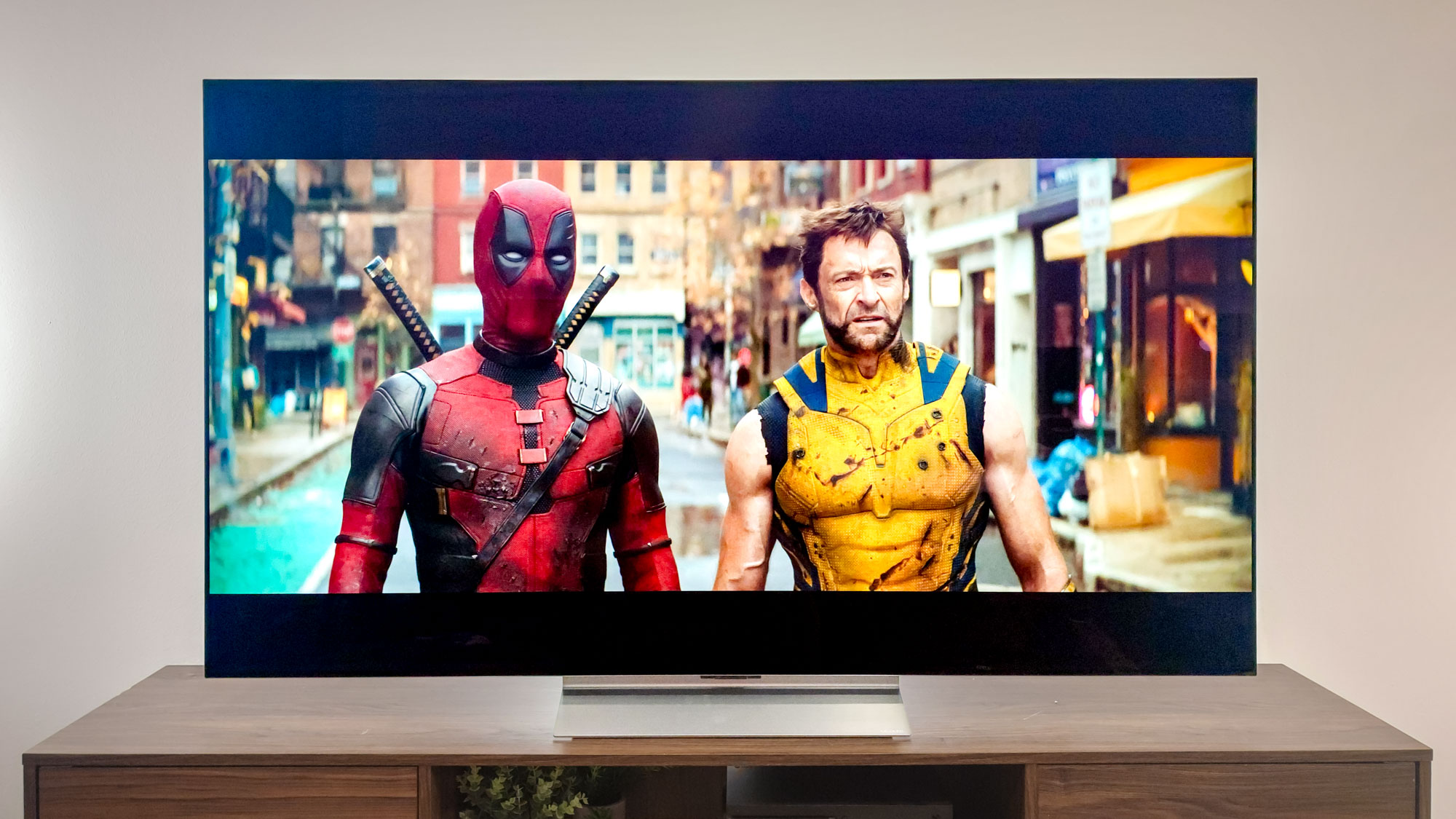I might pick a gaming phone instead of an iPhone for my next upgrade — here's the 3 pros and 3 cons of owning one
Is it time to get my game on?
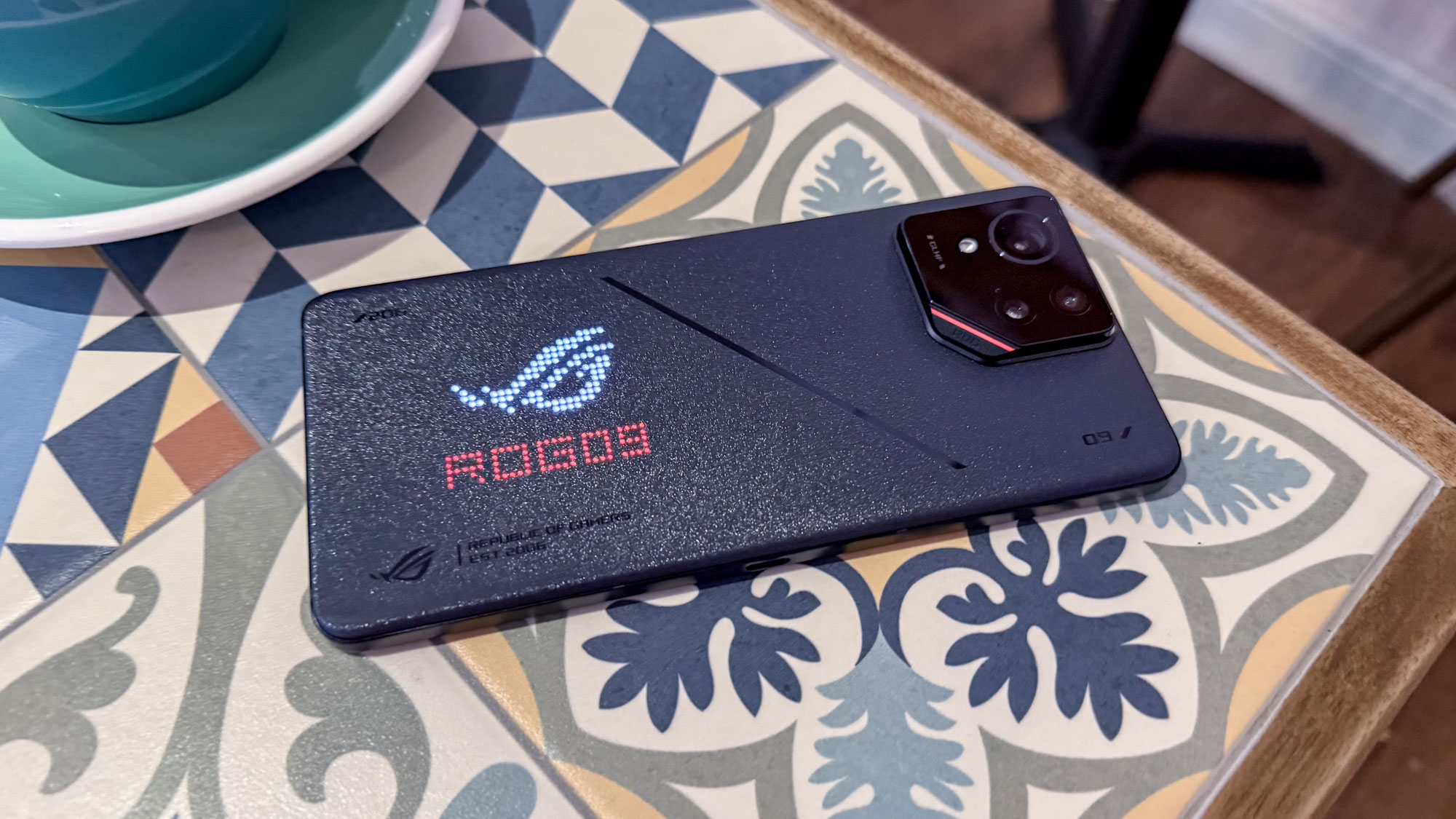
I have been tempted by some of the best gaming phones, but there's more to owning one than just playing games.
In the past, gaming phones have been a bit of a novelty; however, with the ability to stream games onto them, they're more practical than ever. As such, I've found myself occasionally considering picking one up.
Recently, I wrote about how I didn't plan to buy either an Apple or a Samsung phone in the future. Some people have suggested that I look at a gaming phone, like the Asus ROG Phone 9 Pro or the RedMagic 10 Pro.
However, there are a few pros and cons to consider when it comes to buying one of these devices.
Gaming Phones: what are the pros?
The first thing to note about gaming phones is that they often have a lot of processing power to help them run games. What this means is that you’re usually going to get a lot of RAM, with some devices coming with as much as 24GB — which can be a bit excessive — as well as making use of some of the best chips on the market.
For example, both the Asus ROG Phone 9 Pro and the RedMagic 10 Pro feature the Snapdragon 8 Elite chip. That's the same chip as is found in the Galaxy S25 series, but how do they perform in comparison?
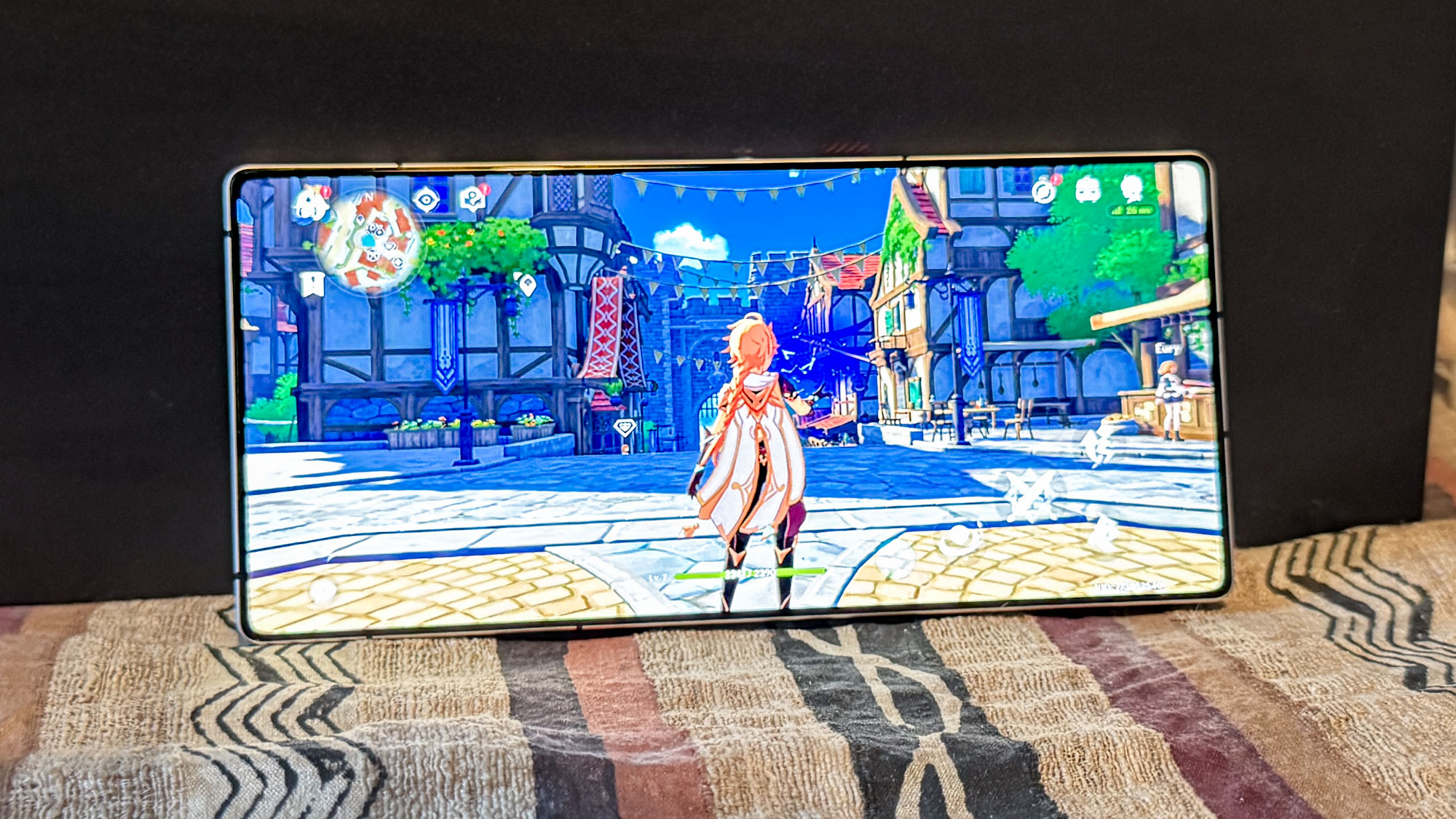
| Row 0 - Cell 0 | Geekbench 6 score (single-core / multi-core) | Wild Life Extreme Unlimited result (score / fps) |
Asus ROG Phone 9 Pro (X Mode) | 3,207 / 10,227 | 5906 / 35.3 |
RedMagic 10 Pro | 3,022 / 9,605 | 6,744 / 40.38 |
iPhone 16 Pro Max | 3386 / 8306 | 3,822 / 22.9 |
Galaxy S25 Ultra | 3,031 / 9,829 | 11,140 / 42.4 fps |
As you can see, the Asus ROG Phone 9 Pro manages to exceed the multi-core score of the other devices when running in X Mode. For reference, that's the dedicated gaming mode that pushes the hardware to the limit. With that, the phone manages to eclipse even the more recent Galaxy S25 Ultra. Now, it should be noted that the RedMagic falls behind a bit, but in fairness, it is the cheapest device here.
However, the ROG Phone fell short in our Wild Life Extreme Unlimited test, failing to beat both the RedMagic 10 Pro and the S25 Ultra.
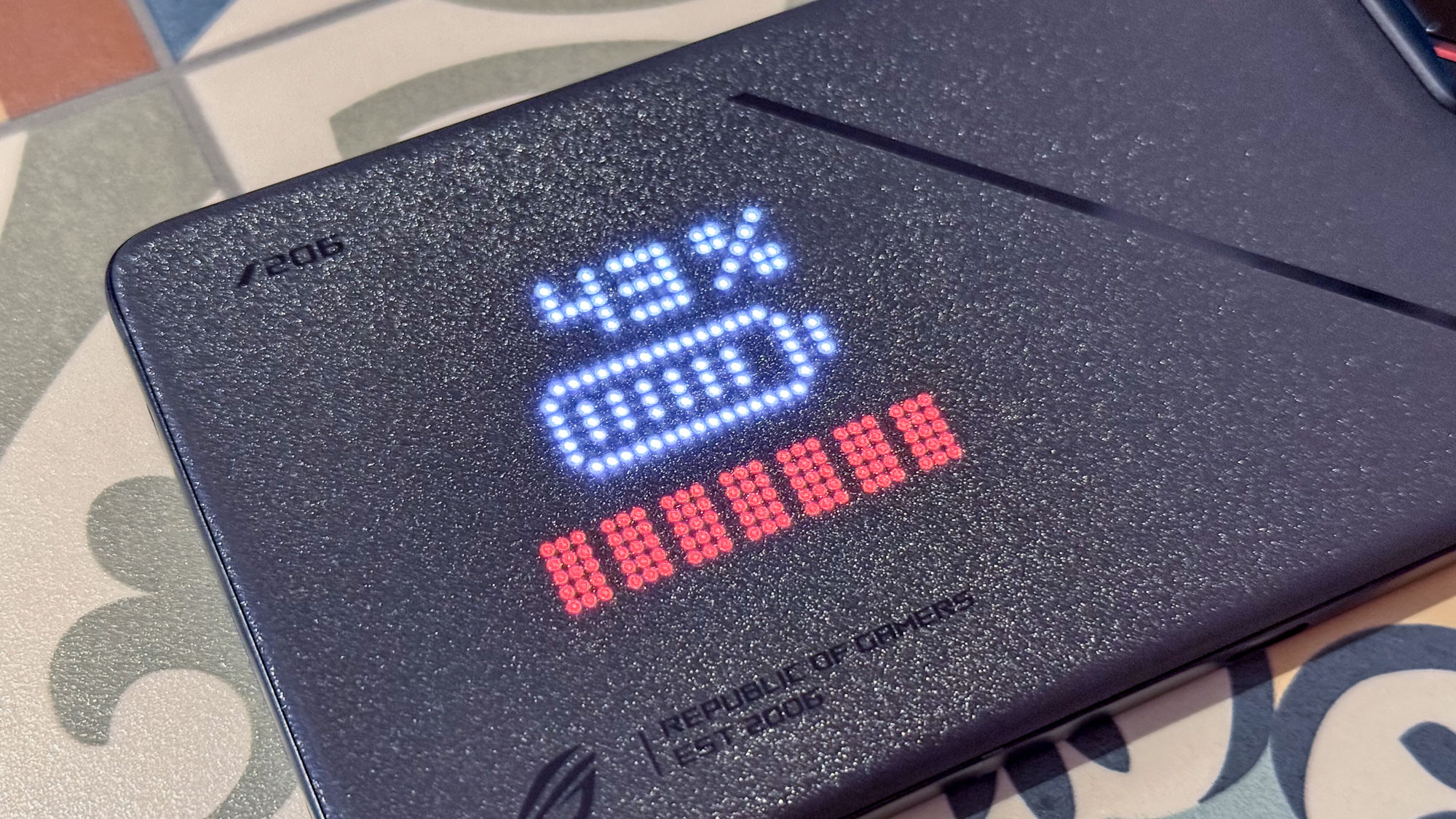
The chips do more than just make sure the phone runs fast. They also, when in combination with some pretty massive batteries, mean users can keep playing for hours before needing to charge.
For instance, the Asus ROG Phone 9 Pro remains at the top of our best phone battery life list for that very reason. Even the cheaper RedMagic Pro has an impressive battery life thanks to this chip and battery combination.
| Row 0 - Cell 0 | Battery life (Hrs:mins) |
Asus ROG Phone 9 Pro | 20:34 |
RedMagic 9 Pro | 17:13 |
iPhone 16 Pro Max | 17:17 |
Galaxy S25 Ultra | 17:14 |
Long battery life and a beefy processor are great, but if you don't have a great display to show off the latest titles, then what good is all that power?
Now, it should be noted that the Asus ROG Phone 9 Pro doesn't have the brightest screen, but that shouldn't turn you off. What this phone, and other gaming phones, do well is that they offer some of the widest range of colors on their displays, with the ROG Phone 9 Pro's color gamut reaching over 100%
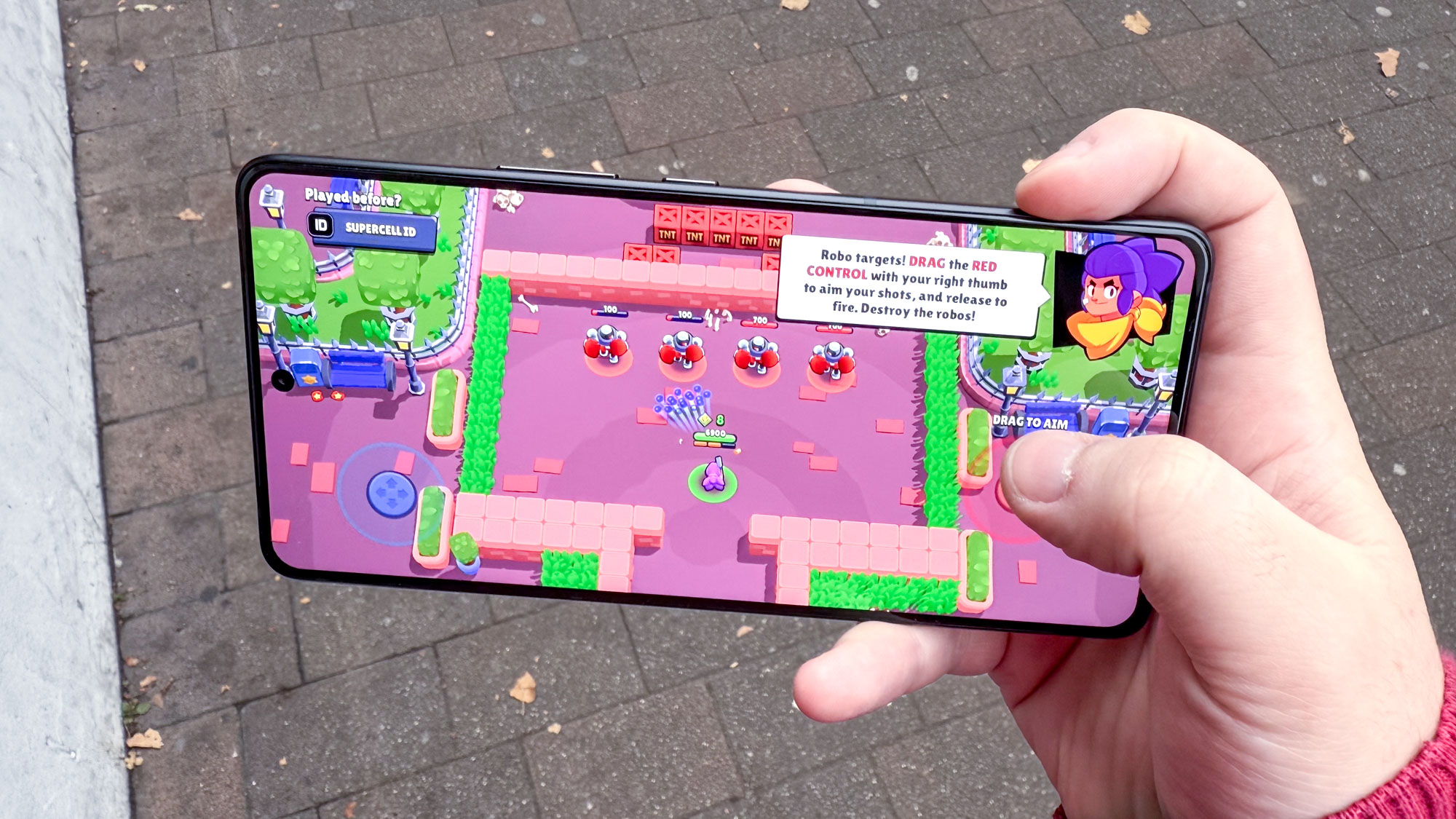
| Row 0 - Cell 0 | Peak brightness (nits) | DCI-P3 color gamut coverage (%) | Delta-E color accuracy (lower is better) |
Asus ROG Phone 9 Pro | 1,676 | 117.8 | 0.33 |
iPhone 16 Pro Max | 1,553 | 80.9 | 0.26 |
Galaxy S25 Ultra | 1,860 | 90.8 | 0.24 |
What this means in real-world terms is that you'll see more shades and hues on the ROG phone's display compared to the other two. This is a great thing when it comes to gaming because it allows for more atmospheric levels and experiences. It also helps to offer a better graphical experience by increasing the feeling of motion and shadow.
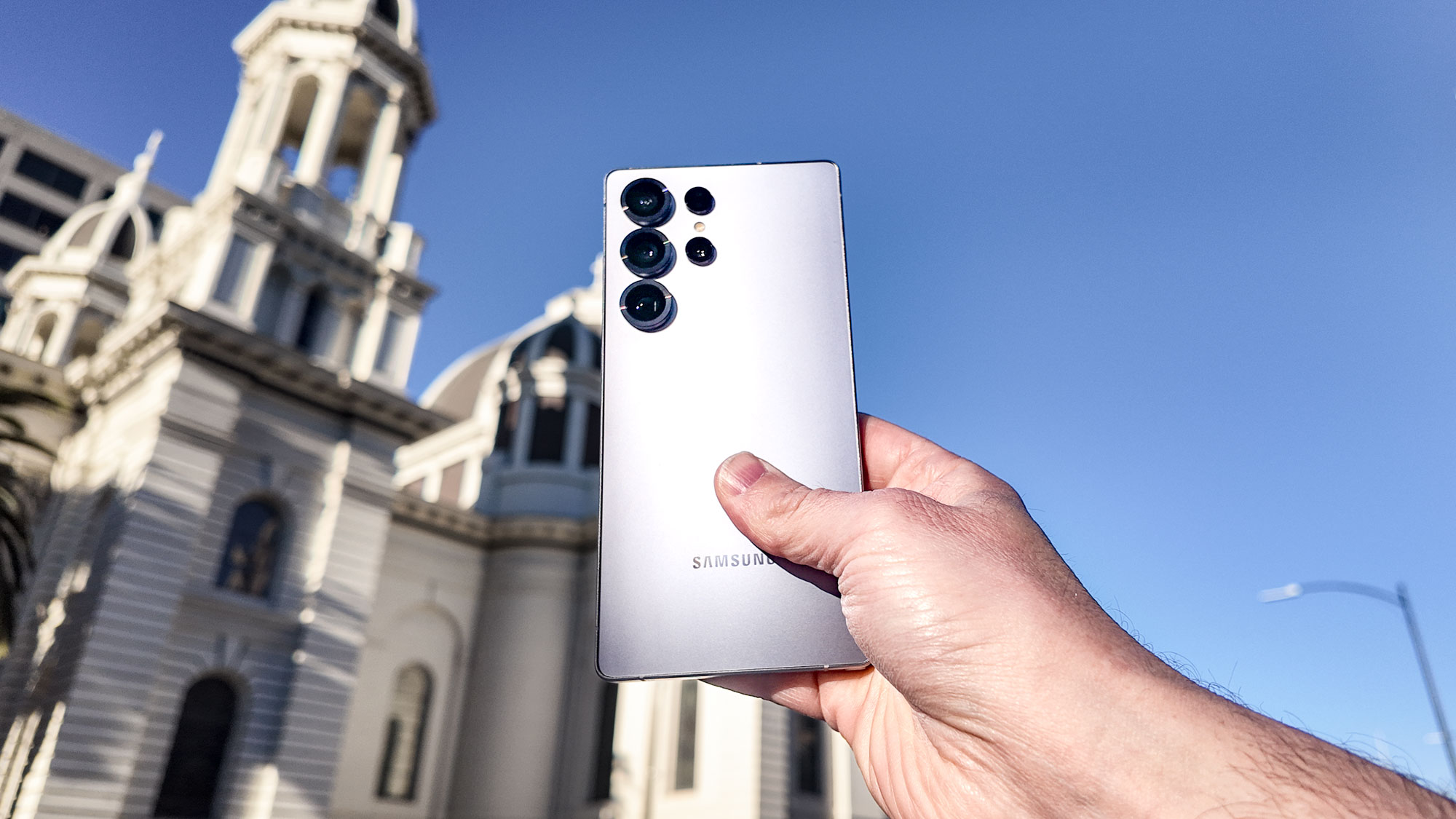
Gaming phones: what are the cons?
Not every phone is perfect, and gaming phones have their own downsides, some of which are pretty big turnoffs.
One of the most noticeable problems is that gaming phones often sacrifice their cameras. It's not that they don't have them, but the performance is lacking. You can see this in these comparison images between the Asus ROG Phone 9 and the Galaxy S24 Ultra.
As you can see, the cameras aren't bad, but their not really great either. However, this issue isn't exactly the worst thing in the world, as the rise of AI has made weaker cameras less of a hindrance.
AI, however, can't fix one of the other issues of gaming phones, primarily the need for accessories. While gaming phones are great, you have to have one of the best phone controllers to get the most out of the experience. If you don't, then you're going to lose a lot of screen real estate, as well as get fingerprints all over the screen.
Needing to buy a controller only really adds to the third issue, which is that the best gaming phones are pretty pricey. For instance, the Asus ROG Phone 9 Pro costs $1,199 at base. However, to get the best experience, you’ll be paying as much as $1,499.
Now, you can find cheaper ones like the RedMagic 10 Pro or the RedMagic 9 Pro, but they don't offer quite the same prowess.
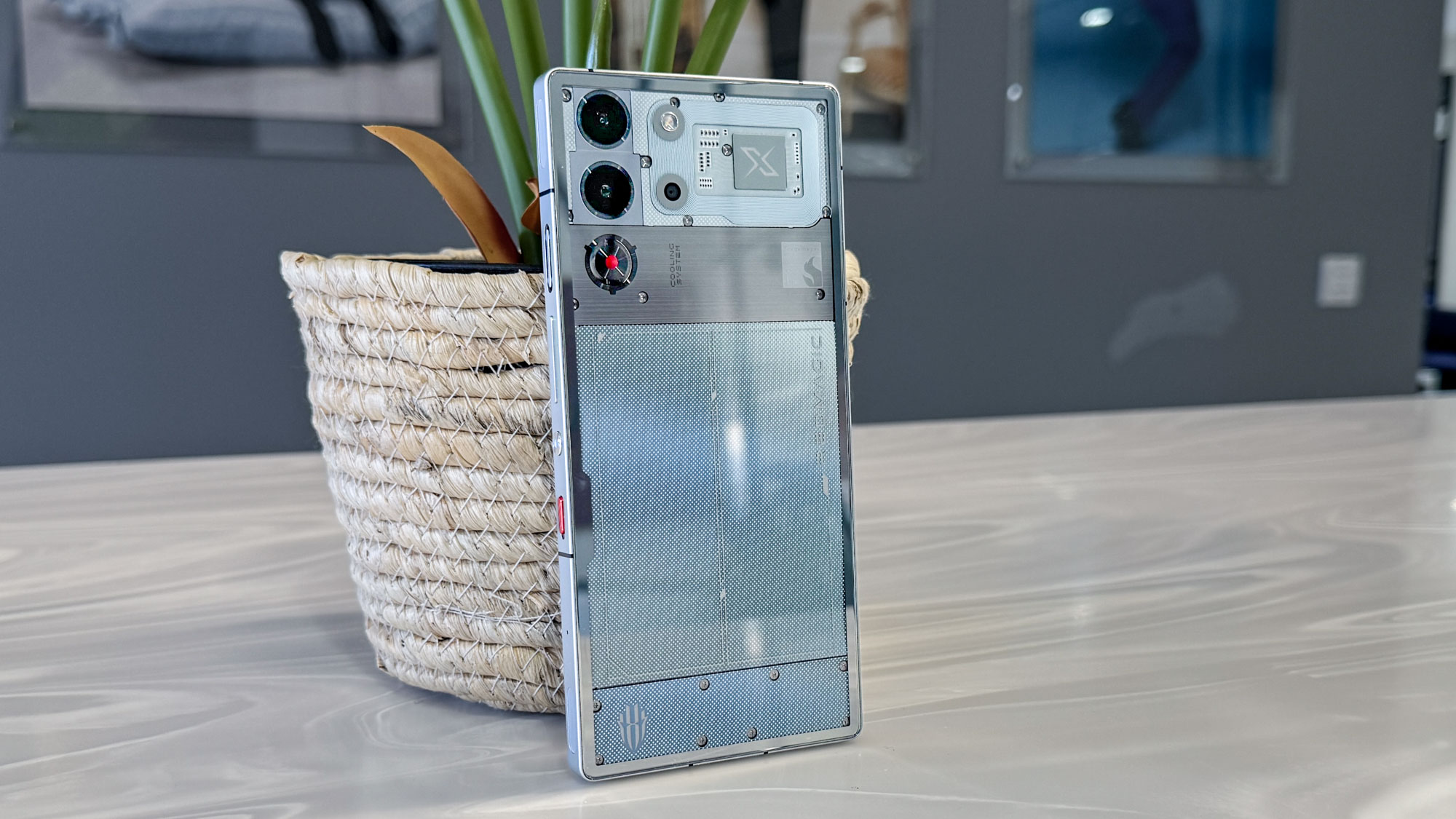
Gaming phones: do the pros outweigh the cons?
There's alot to love about gaming phones, but there's no avoiding some of the problems with the devices. The issue is that it feels like they haven't quite found thier place just yet. Honestly, I'm still surprised there's no dedicated foldable gaming phone.
With that said, I still like gaming phones, and it's worth noting that we will probably get the Asus ROG Phone 10 Pro at some point in the future. Depending on what that phone offers, it might be my next device. However, it needs to solve some of issues with gaming phones first.
With that in mind, do you own a gaming phone or do you want one? What do you think of them? Let me know in the comments if you're planning on picking one up soon, or if you're also going to wait to see what the future has in store.
More from Tom's Guide
Sign up to get the BEST of Tom's Guide direct to your inbox.
Get instant access to breaking news, the hottest reviews, great deals and helpful tips.

Josh is a staff writer for Tom's Guide and is based in the UK. He has worked for several publications but now works primarily on mobile phones. Outside of phones, he has a passion for video games, novels, and Warhammer.
You must confirm your public display name before commenting
Please logout and then login again, you will then be prompted to enter your display name.
